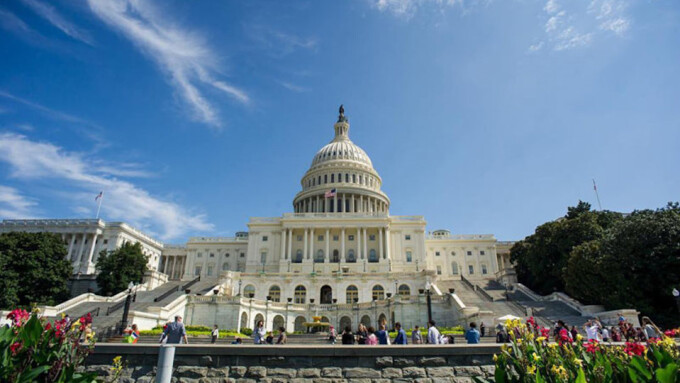WASHINGTON — Attorney General William Barr criticized Section 230 of the Communications Decency Act at a Justice Department workshop Wednesday, claiming the tech company liability shield acts as a deterrence to law enforcement efforts.
Section 230 is the exemption carved out in the original 1996 legislation that specifically does not hold websites legally liable for content posted by third parties. The section has been instrumental in the growth of tech giants like Facebook and YouTube, which rely on third party content to power their business models.
"We are concerned that internet services, under the guise of Section 230, can not only block access to law enforcement — even when officials have secured a court-authorized warrant — but also prevent victims from civil recovery," Barr said of the exemption, as reported by Law360's Mike LaSusa.
While he criticized the exemption's effect on law enforcement, Barr attempted to have it both ways by praising the exemption as necessary to the constitutional right to free speech.
It's important to "recognize the benefits that Section 230 and technology have brought to our society, and ensure that the proposed cure is not worse than the disease," he said.
His opening act, FBI Director Chris Wray, also attempted to have his cake and eat it, too, regarding online liability.
"We have to ensure that our businesses can continue to innovate," he said. "But we know that we can have both a spirited, entrepreneurial internet and safe, secure online and real-world, flesh-and-blood communities."
The first legislative exemption to Section 230 was enacted in 2018. FOSTA-SESTA was a legislative package that passed the U.S. House and Senate and was ostensibly designed to curb sex trafficking. The legislation had the additional consequence of putting a chill on non-trafficked sex workers' ability to advertise online on many of the platforms they previously used as a screening process for potential clients.
Legislation is currently being considered for a study on the effects on sex workers of those bills.
Recently, Barr was petitioned by four Republican members of Congress who implored him to use existing obscenity laws to crack down on adult content creators and the adult industry. Whether Barr's latest comments are related to that request is unknown.
Another exemption to Section 230 is currently being pursued through legislation sponsored by Republican Senator Josh Hawley (R-Mo.). The Orwellian-sounding Ending Support for Internet Censorship Act is designed to force tech companies to prove that third-party content posted on their platforms is not politically biased in order to maintain their Section 230 protections. That bill was introduced in June 2019.
Image: Washington.org




